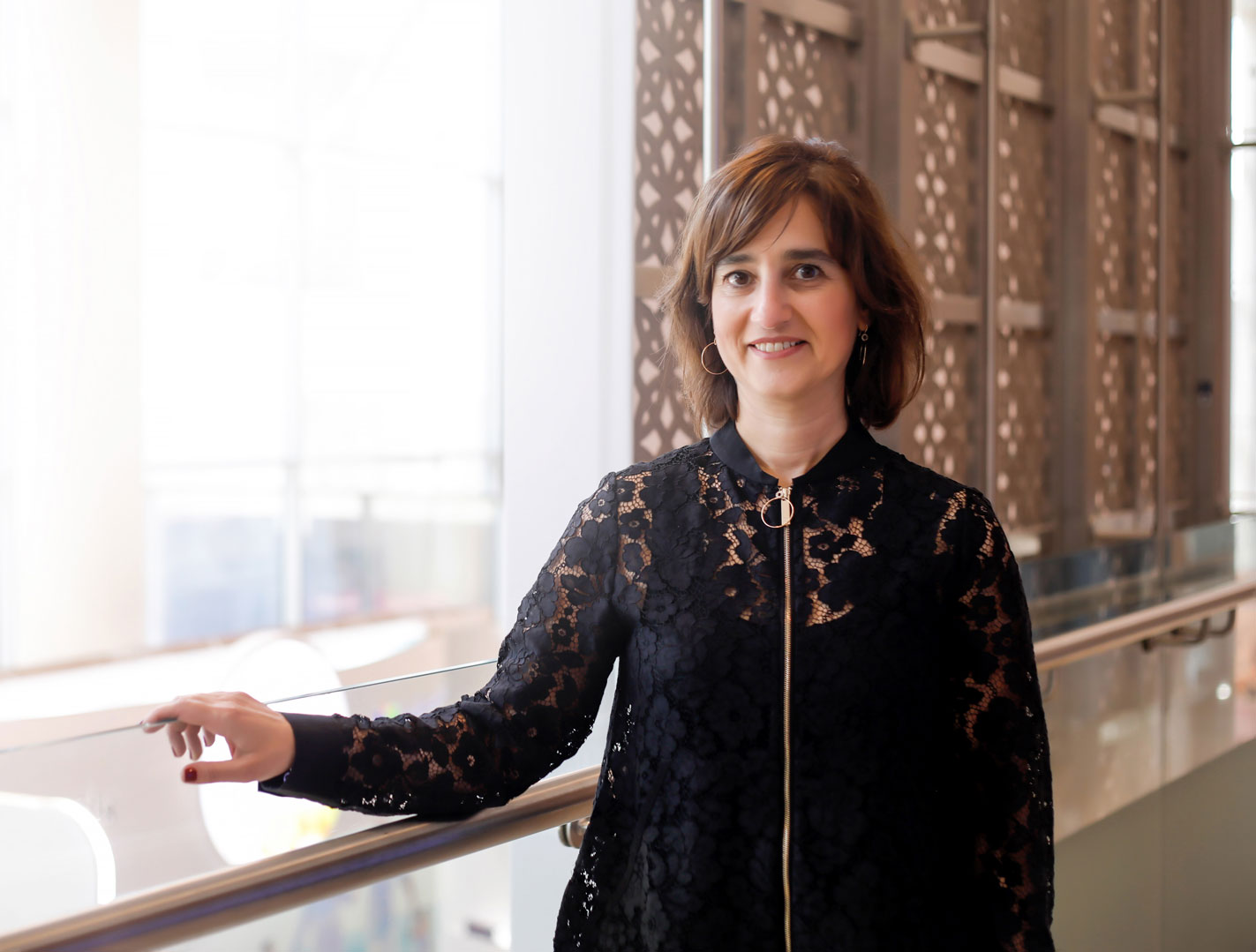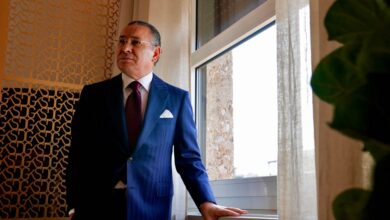Özlem Fidanci
Chief Executive Officer, Philips Middle East & Turkey
Özlem Fidanci
We believe we can bring healthcare to individuals, we need to cover people beyond hospitals, beyond clinics so we can help improve lives


Philips Middle East & Turkey is a diversified health and technology company, focused on improving people’s lives. Since joining Philips, Özlem Fidanci has been integrally involved in driving the company’s strategic objectives and growth across the region. She shares with “Hospitals” magazine her journey and the mission of Philips healthcare in the region. Below is the full interview:
We will start with a brief about your background, and your career path at Philips?
I started at Philips in 1998, in Turkey 22 years ago, I worked as a marketing manager focusing on domestic appliances and personal care, then I assumed the role of General Manager, Philips Household Appliances, and Personal Care Products Group. In 2008 I took the role in merging Consumer Electronics and Domestic Appliances & Personal Care organizations of Philips and has become the General Manager for Consumer Lifestyle, Philips Turkey.
Later, I became the Head of Marketing and Strategy in Philips Emerging Markets in Singapore before being appointed Vice President and General Manager for Philips Consumer Lifestyle, Middle East, Turkey and Africa (META) in 2011 based in Dubai.
As the company began to give greater emphasis on healthcare, I wanted to take part in this interesting domain so, I took the role as Senior Vice President and General Manager Philips Health Systems MET and as of January 2018 I’m Chief Executive Officer of Philips Middle East and Turkey.
How the shift to healthcare did impact your career? As we know Philips mission is to make the world healthier, how do you implement this mission?
I feel like I have always been in healthcare, because this field is so rich, so many opportunities and challenges. And because our mission is to improve lives, we can experience it with our new innovations and measure results on how we are truly touching the daily lives of individuals.
We are always bringing global propositions to our region. We work with hospitals to bring them integrated solutions, to help them facilitating their tasks. Not only in diagnostics, but also in IT combined with digital. This will allow them to be able to deliver the best care and accuracy in diagnostic. We aim to improve the lives of 3 billion people a year by 2030. So innovation is in our DNA.
What about implementing your mission in the region?
I believe that every region has its own uniqueness, but the market in region is evolving and it is adopting new technologies faster. Healthcare systems around the world are under immense pressure to deliver high-quality and efficient care to growing populations, but the financial and human resources to deliver that care are becoming increasingly stretched.
At the same time, aging populations and the rise of chronic conditions like heart disease and respiratory ailments are driving up the demand for healthcare. These global trends are driving a shift to value-based healthcare – a system that focuses on what patients value, and allocates resources according to the health outcomes delivered by the system. It aims to address the ‘quadruple aim’: better health outcomes, an improved patient and staff experience, and lower cost of care. We believe we can bring healthcare to individuals, we need to cover people beyond hospitals, beyond clinics so we can help improve lives.
Home care is a very important part of your healthcare solutions? Can you tell us more about it?
We have devices to monitor people in their home, we are very active in sleep apnea care, and it is the most common problem in our region. Awareness about sleep apnea is 2.5% it is a very serious disease and can lead to other health problems like heart diseases, stroke, diabetes and obesity. It is a huge problem undermined by people, we are trying to create solutions that patients can use at home to improve their sleep, so they can reduce the impact of that condition. It is an important area where we can improve and prevent many diseases.
What are the latest technologies you are showcasing during the Arab health Show?
Many of our innovations include AI, which has the great potential to improve patient’s outcomes. And the efficiency of care delivery with the ability of shortening the patient stay.
The Philips eICU program is one of our top innovations, it combines predictive analytics, data visualization an advance reporting techniques to deliver crucial information about the patient vital situation. It allows faster information delivery and early intervention via advanced Audi-visual technology. This smart technology can predict early deterioration in health, giving the experts a chance to interfere at an early stage and advice on the best treatment from wherever they are located.
AI; artificial intelligence is taking a major role in healthcare, how do you evaluate its role?
One of the area where artificial intelligence can have a major role is in healthcare, in different areas managing hospital performance, because hospitals is comprised of different technologies, software solutions, services and lot of units that can be optimized by AI. It increases the accuracy of diagnostics and it has a potential to integrate various data together.
Bringing data together is a hassle but with the help of AI solutions we can bring together data with a better accuracy and shorter time. Data can be compared to other cases through the cloud, and patients will have a chance for better diagnostic and personalized treatment.
What are the strategic priorities of Philips for the next 5 years in the region?
Our strategic priorities are to bring solutions which meet the demands of our customers, for them to be able to offer the best care to the patients. We want to focus on solutions not only selling state-of-the-art technologies. We are not in the business of just selling and our ultimate aim is to improve the health of the population. We will collaborate with our partners to find best solutions for them. We also would like to collaborate with clinicians to help them perform their mission in a more efficient and accurate way. I would like to invite our partners and customers to continue sharing with us the challenges they are facing in healthcare, this is the only way for us to be able to work on our technologies and leverage the outcome of our innovations.














